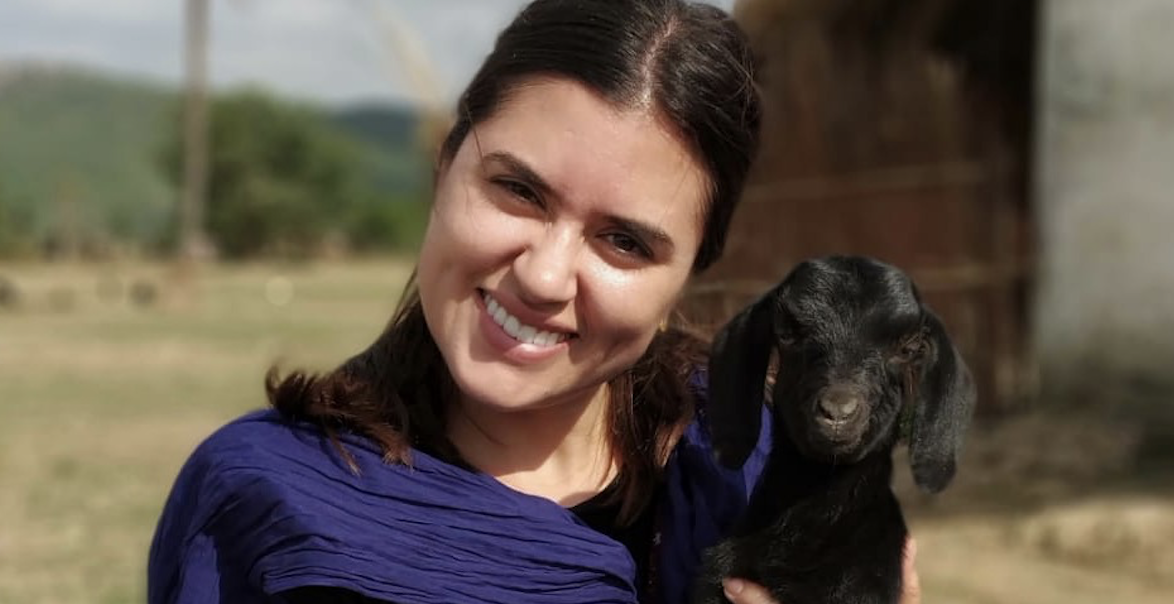CIPA International Capstone: Exactly what I was Looking For.

Sarah Cartagena is a second-year CIPA student who is concentrating her studies on Human Rights and Social Justice, with a particular emphasis on migrant rights. A returned Peace Corps Volunteer who served in Madagascar, Sarah works as graduate assistant for CIPA’s public engagement efforts and is the president of the Cornell Latin America Student Society (CLASS).
My first couple months as a second-year CIPA student have been a whirlwind! Since I was able to complete most of my foundation courses during my first year of study, this year I am able to focus on courses that directly relate to my concentration in human rights and social justice, with a focus on migration and immigrant rights. One of those courses this semester is the International Capstone course.
As second-year CIPA students, we are given the opportunity to choose between a thesis, professional report or a capstone project to satisfy our Professional Writing Requirement. I chose to do an International Capstone because I have interests in international development and wanted to develop soft skills working with a client.
On the first day of class, we were a given a list of all the possible capstone projects for the semester. While slowly flipping through the list, I saw a project on climate migration that looked as if it was made just for me. As I read the description, I thought to myself, “this perfectly aligns with my interests!” It had all the components I was looking for: the topic covered two of my interests—climate and migration; it was based in Latin America; and it presented an opportunity to work with various scholars well-versed in the subject of climate migration. I am now lucky enough to be partnered with the Atkinson Center, Cornell researchers and faculty, and professors of El Colegio de Mexico (COLMEX) for my international capstone.
The multidisciplinary team of researchers and faculty from Cornell and COLMEX is studying the link between environmental factors and historical migration patterns within Mexico, and from Mexico to the United States between 1965 and 2018. Using their research, the team’s ultimate goal is to design a policy intervention that will help people in Mexico better adapt to climate change. My capstone team has been tasked with researching the climate policy structure in place in different Mexican states, and to set the groundwork for connecting with policymakers and other important stakeholders.
We are only a few weeks into our project, but I am certain that the work we are doing will be beneficial to not only the team of researchers but to the Mexican community. I am excited to see where our research will take us, and grateful to analyze human rights through this different academic lens and with distinguished faculty. Stay tuned for updates in future blog posts!
If you have questions about attending Cornell University's Institute for Public Affairs, we encourage you to request more information today!
Download our interactive digital resource, the Cornell MPA Guide, to help you better understand why an MPA might be the next step in your public policy career!


